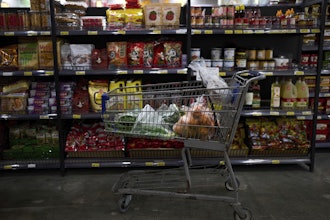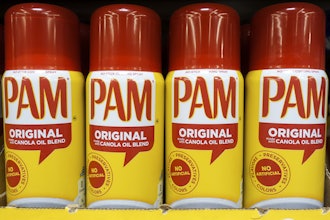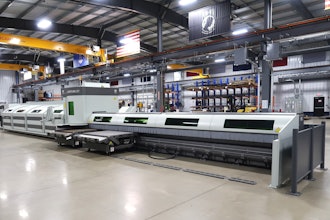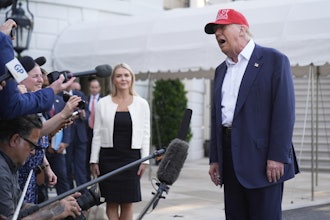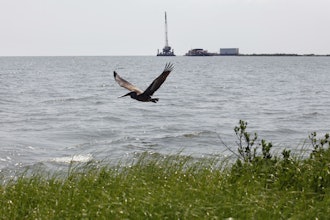TOKYO (AP) -- Japan has halted beef imports from a U.S. meatpacking plant after finding a shipment without a proper food safety certificate, officials said Friday.
The Agriculture Ministry has temporarily suspended imports from Cargill Inc.'s plant in Dodge City, Kansas, and asked the U.S. Embassy in Tokyo to investigate the case, the ministry said in a statement.
The problem surfaced when a Japanese importer found a piece of 9.9-pound ground beef that was not properly identified on papers issued by the U.S. Department of Agriculture. The problem meat arrived as part of 3.8 ton (4.2 U.S. ton) of frozen beef shoulder in July.
Investigation is still continuing for the rest of the shipment, but importer Nippon Meat Packers, Inc., has not reported any other irregularities, the ministry said. It was not immediately known whether the ground beef was packed by mistake, the ministry said.
Japan also had suspended imports from Cargill from October to January after 225 boxes in a 9-ton shipment contained tendons without carrying proper papers. A Smithfield Group plant was also banned briefly after a shipment contained unauthorized meat.
Japan keeps a stricter safety standard than the U.S. to minimize the risk of mad cow disease, or bovine spongiform encephalopathy.
Japan banned American beef imports in December 2003 after the first case of mad cow disease was found in the United States. The ban was eased in July 2006.
Eating meat products with infected tissue is linked to a rare, fatal illness, variant Creutzfeldt-Jacob disease, which has killed more than 150 people worldwide, most of them in Britain.










